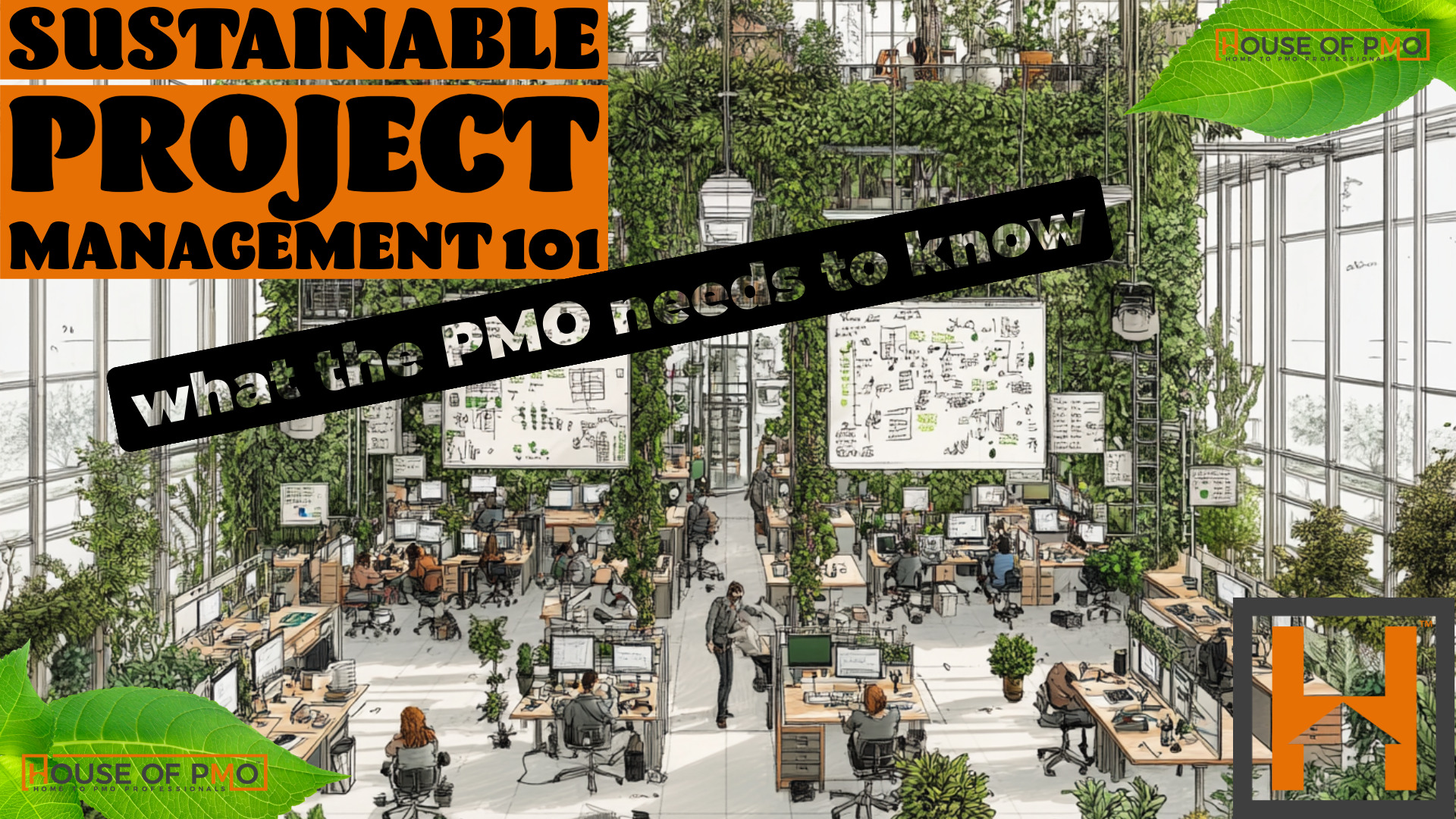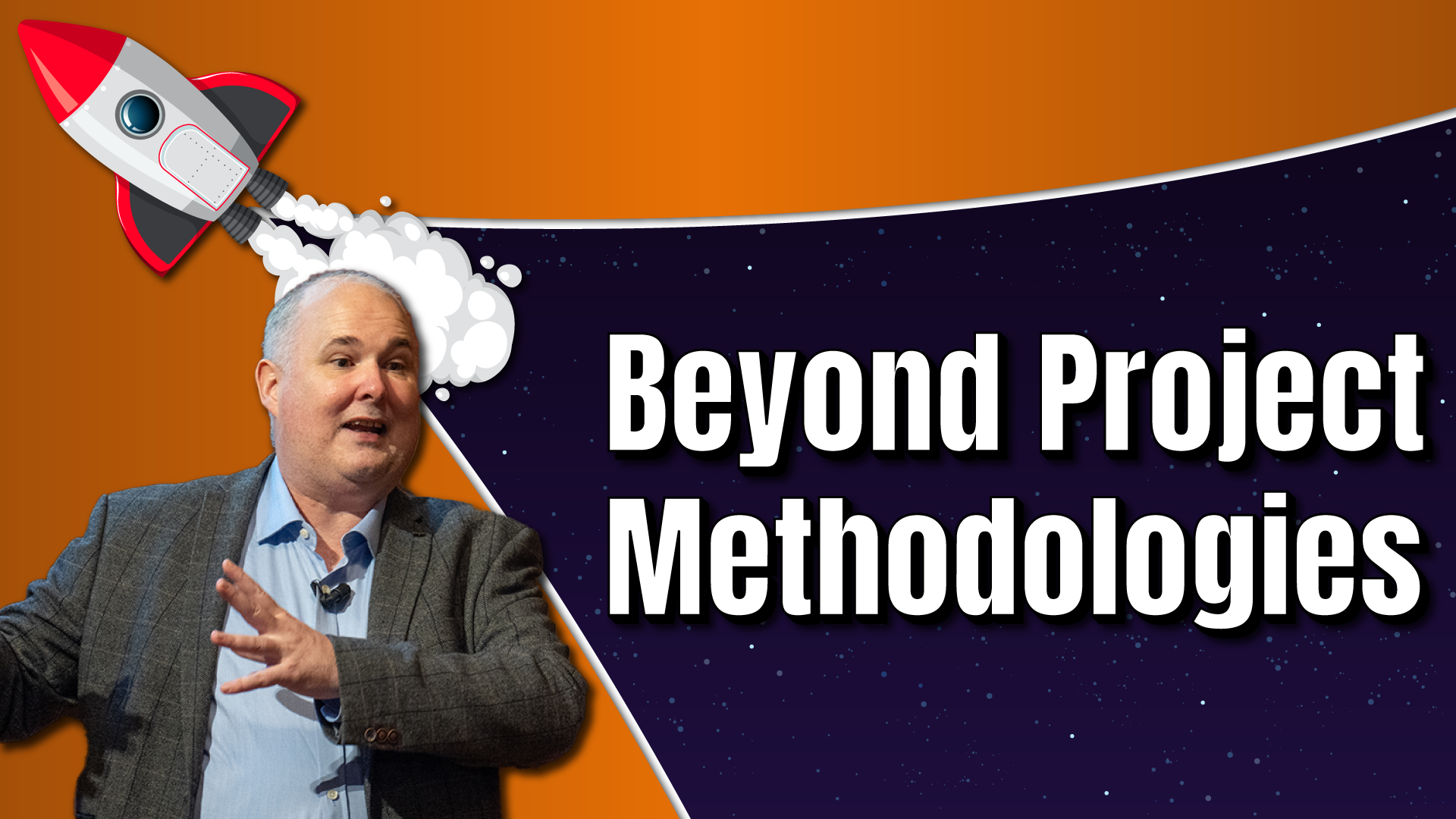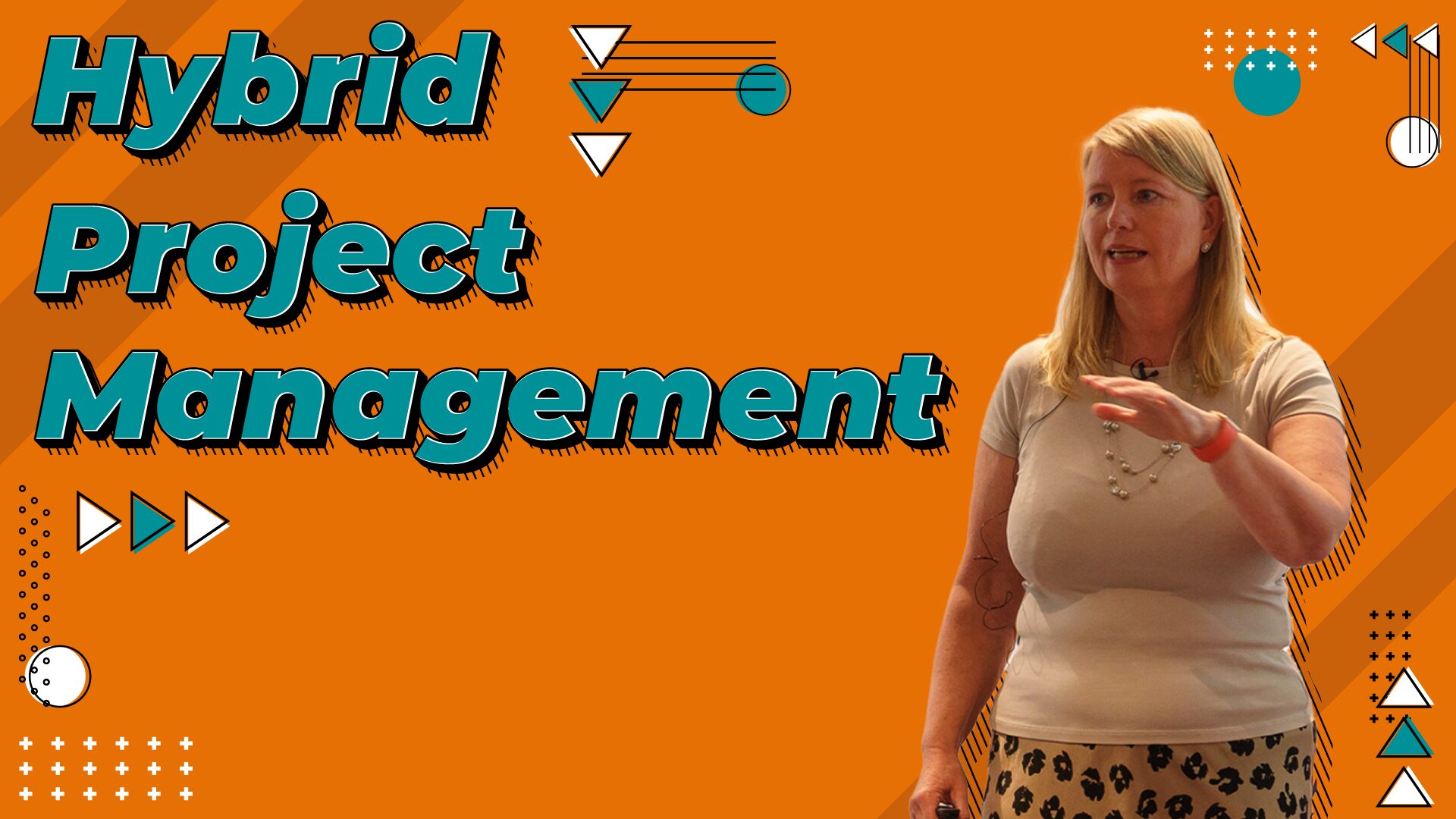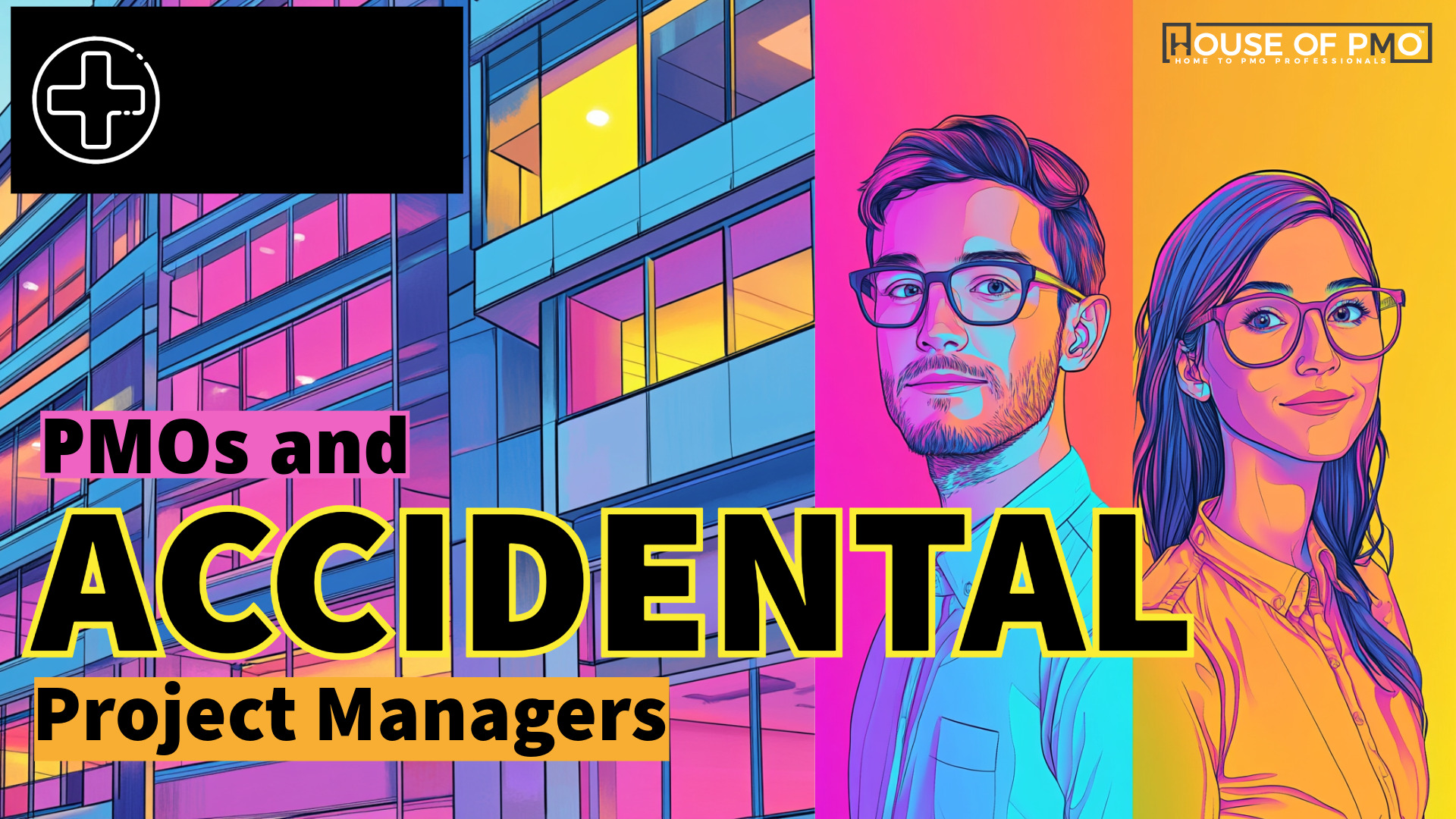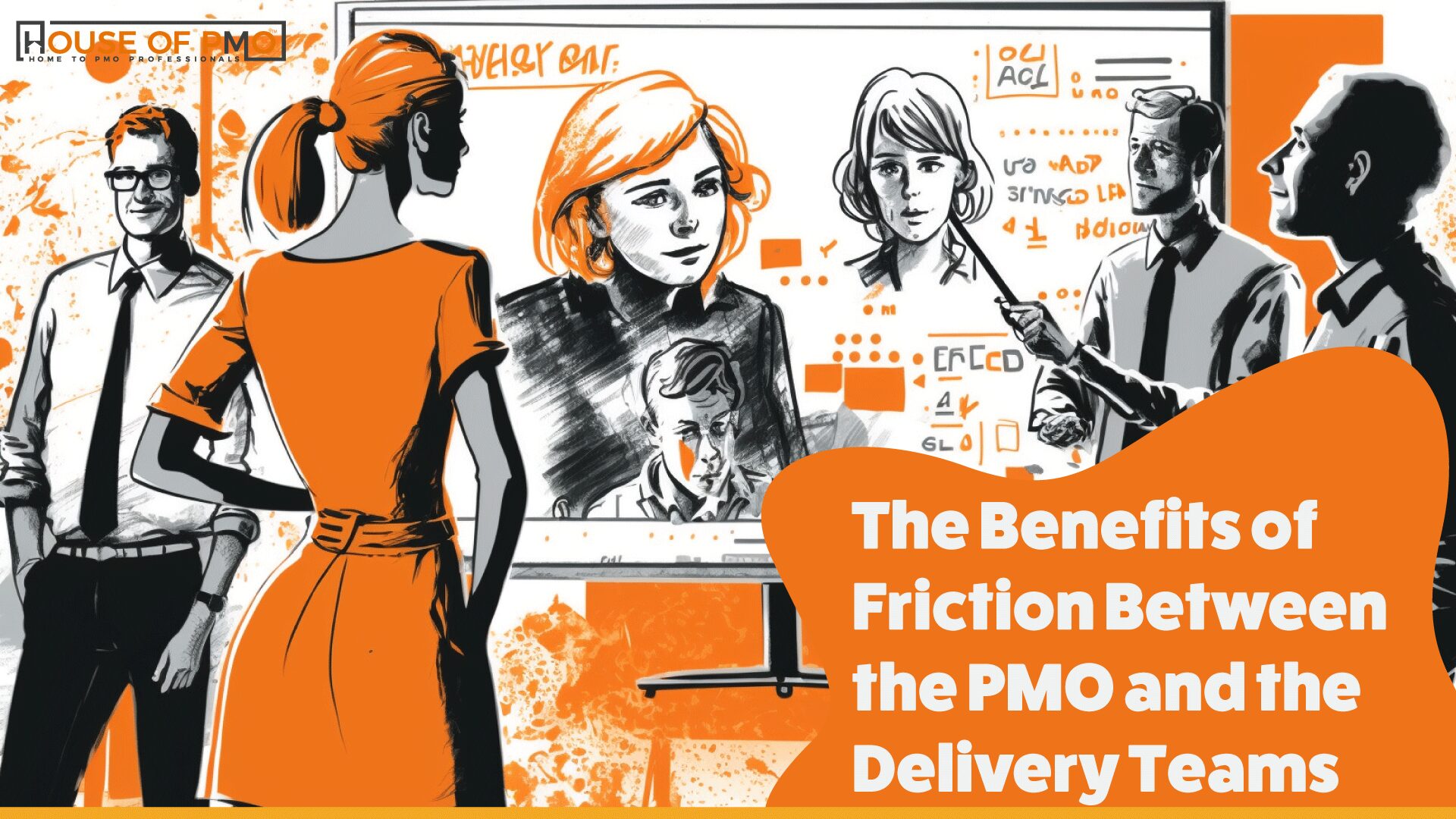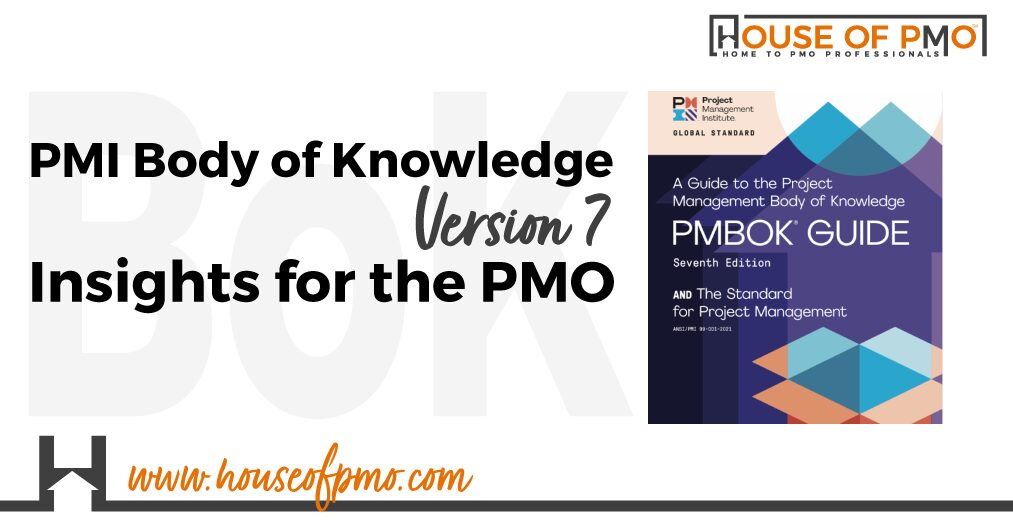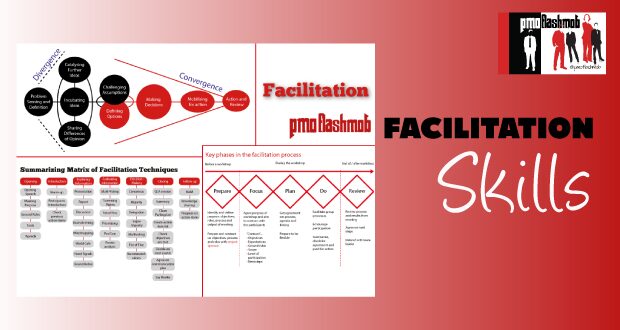Explore how PMOs can lead the sustainability charge. Discover tools, ESG strategy tips, and key takeaways from our GPM session with Dr. Joel Carboni.
Go to article
Not every project fits the same mould. Discover how Delivery Biomes offer a smarter, more strategic way for PMOs to design delivery environments that truly work—straight from the PMO Conference in Edinburgh.
Go to article
The Half Double Methodology is a hybrid project delivery approach - this approach seeks to achieve double the impact in half the time by blending traditional and agile project management techniques. It's also a very human-centric methdology - ensuring that the methodology is not just about tools and frameworks but also about fostering collaboration, trust, and leadership tailored to the people driving projects.
Go to article
Do you have accidental project managers in your organisation? What does your PMO do to provide support to the many different types of people who find themselves suddenly becoming a project manager? In this session we take a look at the 'top trumps' approach!
Go to article
In this session, we were live in the room in London with the APM London Branch. Eileen uncovered where the real value of the PMO is and addressed the elephant in the room – the friction that exists between the PMO and delivery teams.
Go to article
In this summer series we take a look at the challenges of low maturity. That could be low maturity of PPM, the PMO or the organisation. Find out what challenges PMOs are facing and how they're overcoming them.
Go to article
In this session we take a look at one of the main challenge areas for PMOs right now - how to support hybrid delivery.
It was an interactive session to help us really understand what the challenge is - and what the PMO can do to overcome the issues and really support their organisations going forward.
Sign in to read more about supporting Agile and Waterfall projects - to balance our portfolios - or is it even about projects anymore.
Go to article
Megaprojects tend to be over the £1 billion mark in terms of budget and are often under great scrutiny - not just because of the politics but because many of these projects are investment projects - for communities, cities or countries. They also tend to take a long time to deliver, over years, decades and many organisations who run them - their project departments are huge in terms of the people working on them, and the third-parties and customers involved.
Read on to find out what the PMO can learn from megaprojects
Go to article
PMI's Body of Knowledge is now available as Edition 7. We take a look at the changes and specifically what the BoK says about PMOs. PMOs are part of the system of value delivery - find out more about what that means.
Go to article

With Excerpt -
One of the main objectives of a PMO is to support and enable effective decision-making. It's such a great objective because there's a lot of scope with how the PMO can do that. From creating reports, giving insights from data, supporting stakeholder engagement activities and the part we can play when people come together to solve problems, make decisions and take action. In this article, we take a closer look at facilitation skills. Within P3O it states that "the P3O is ideally placed to provide an independent facilitation role" and we totally agree with that. Over the last few weeks we have already covered several different frameworks, approaches and techniques that the modern project practitioner can utilise in their day-to-day work that make a difference to people and their performance levels. We have also shared ten different things your PMO can be thinking about to make a real difference to the performance of your PMO. We've already looked at the following areas:
servant leadership;
facilitation,
coaching and;
conflict management.
In this final article of our PMOs Supporting Modern Project Management series, we take a look at facilitation.
Go to article
